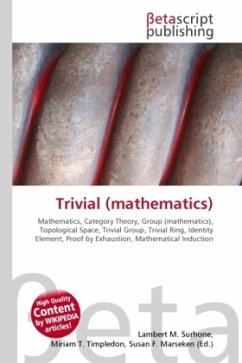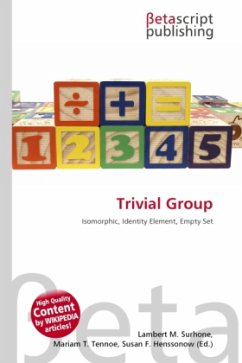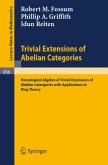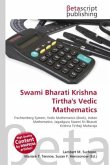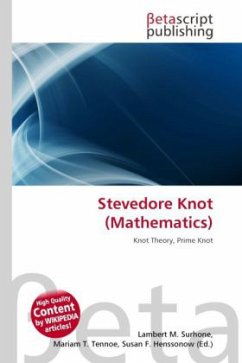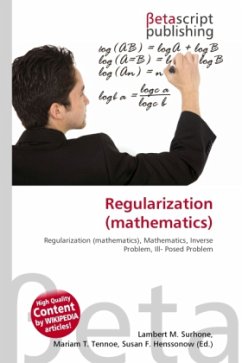High Quality Content by WIKIPEDIA articles! In mathematics, the adjective trivial is frequently used for objects (for examples, groups or topological spaces) that have a very simple structure. The noun triviality usually refers to a simple technical aspect of some proof or definition. Trivial may also refer to any easy case of a proof, which for the sake of completeness cannot be ignored. For instance, proofs by mathematical induction have two parts: the "base case" that shows that the theorem is true for a particular initial value such as n=0 or n = 1 and then an inductive step that shows that if the theorem is true for a certain value of n, it is also true for the value n+1. The base case is often trivial and is identified as such, although there are cases where the base case is difficult but the inductive step is trivial. Similarly, one might want to prove that some property is possessed by all the members of a certain set. The main part of the proof will consider the case of a nonempty set, and examine the members in detail; in the case where the set is empty, the property is trivially possessed by all the members, since there are none.
Bitte wählen Sie Ihr Anliegen aus.
Rechnungen
Retourenschein anfordern
Bestellstatus
Storno

